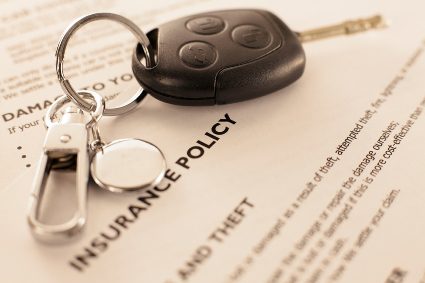As an older safe driver, you have probably seen your car insurance rates gradually go down over the years. The good news is that this decrease will likely continue, at least until you turn 65. There are, of course, other factors that determine policy rates for seniors besides age.
Here are 4 of those major factors to help you determine how your rates may be affected during your elder years and whether it’s time to look for a new policy.
1. Type of Coverage
The type of coverage you choose will affect your insurance rate significantly. This includes the limits, options, and especially the excess amount you decide on.
The higher the excess, lower the limits, and fewer the add-ons you choose–such as roadside assistance and rental reimbursement–the less your payment will be, while the opposite will increase your payment.
2. Type of Vehicle
It’s no surprise that the more valuable your car is, the more it will cost to insure. For example; rare ‘low volume cars’ and European brand cars cost more to repair – immediately increasing your premiums.
Additionally, though, there are other factors that can affect your payment when it comes to the type of vehicle you have. Cars that have high crash safety ratings, for instance, generally cost less to insure because there’s less risk of you or a passenger getting injured and your insurance company having to cover the cost of medical bills.
Likewise, a car with the latest anti-theft features will be cheaper to insure to a certain extent. Another factor is the size of the vehicle. Cars with a larger engine-to-body size ratio are costlier to insure than large vehicles with modest-sized engines such as SUVs.
3. How Often You Drive
A study conducted by Roy Morgan research in 2013 found that the average Australian drives 15,530 kilometers per year.
If you’re a retired senior and aren’t driving a long way to work everyday, you may be driving much less than the average person and therefore shouldn’t be paying as much for insurance as a someone who puts several thousand kilometers on their car each year.
In addition to not driving as frequently as the average person, you can also save money on insurance if your car is often parked in a secure location such as a garage.
4. Your Driving Record
Driving record is one of the biggest factors in determining insurance rates, no matter the driver’s age.
Every accident, claim, and driving ticket will likely raise your insurance rate, as this is a clear signal to the insurance company that you are more of a risk to insure.
Even if you have been a safe driver all your life, it’s important to refresh your driving skills during your senior years, as people age 65 and older are at greater risk of getting into an accident due to ageing concerns like impaired vision and reduced cognitive functioning.

With the transition to retirement and all the changes it brings, it’s always a good idea for to look for a new policy that takes into account your current situation.
5. Should You Look for a New Policy?
With the transition to retirement and all the changes it brings, it’s always a good idea for to look for a new policy that takes into account your current situation, especially if one or more of the following apply to you:
- You have been claim-free for the last 5 years but your insurance rate hasn’t changed
- You have taken a safe driving course but your policy doesn’t offer a discount for it
- You have reached an age milestone such as 55
- You have lost a spouse, retired, or had another recent life change
- You don’t have a local insurance agent











